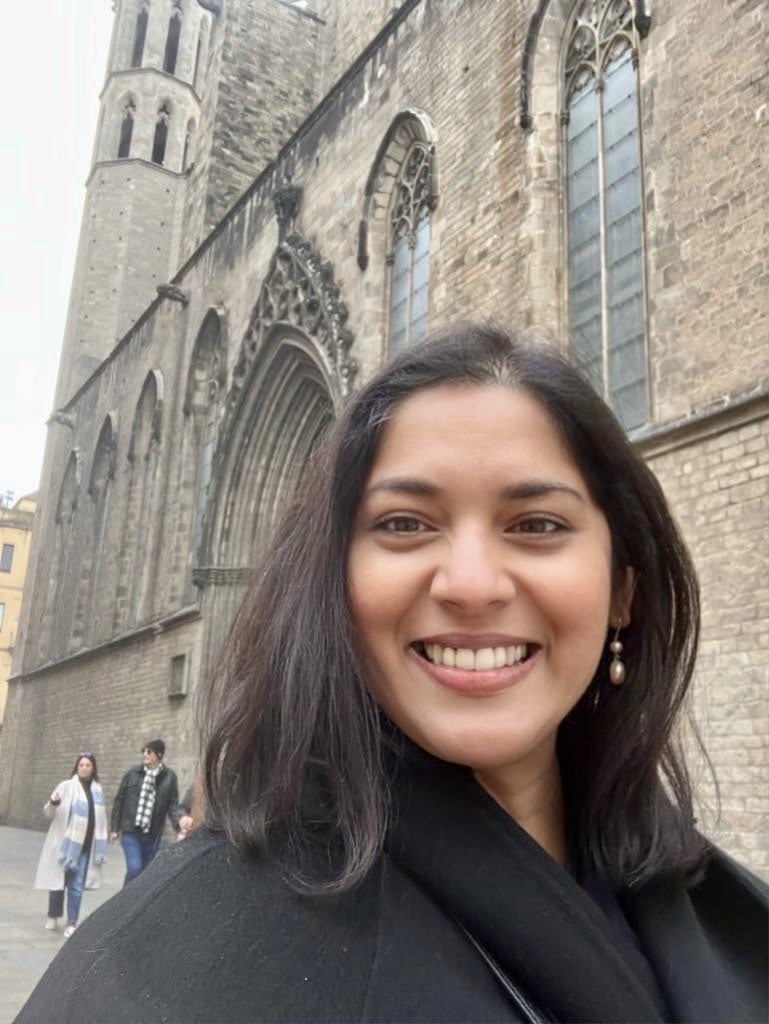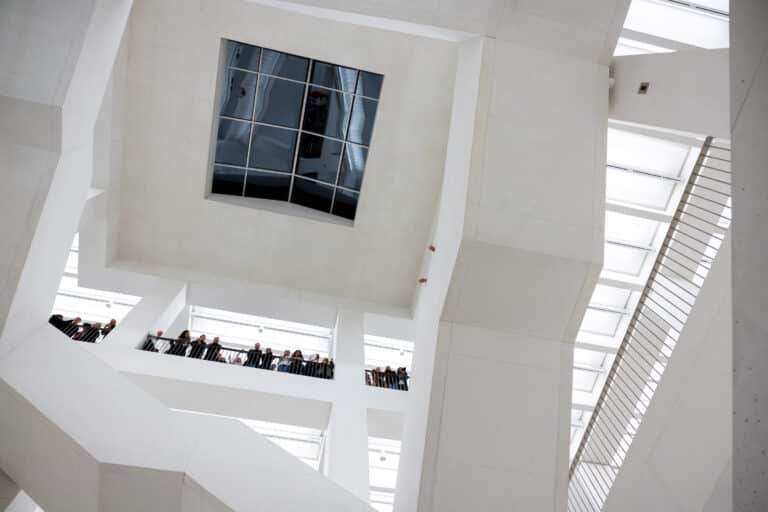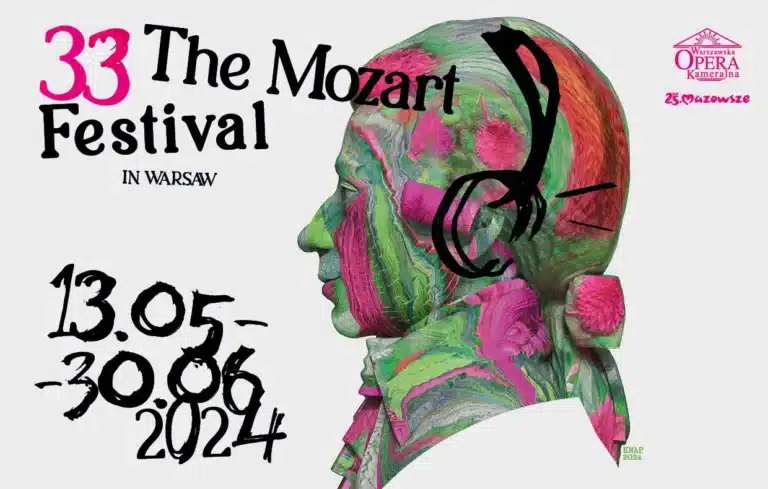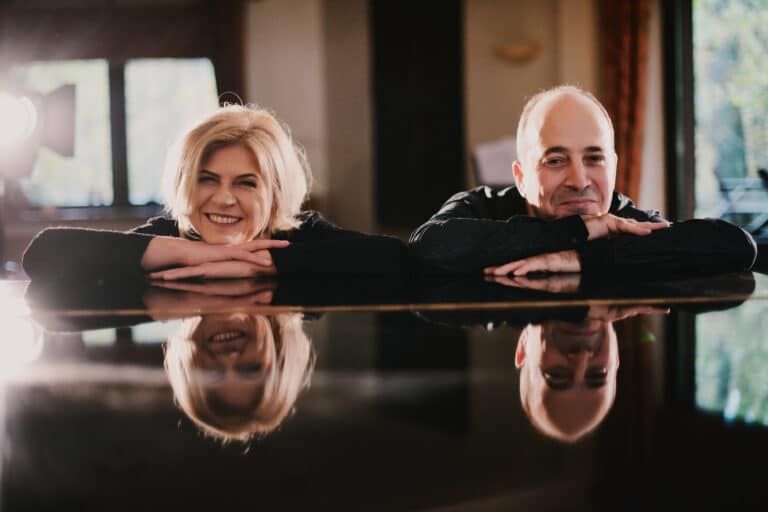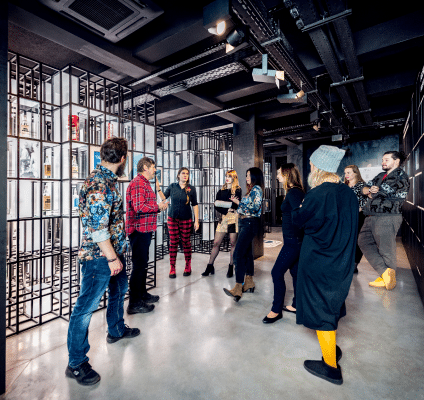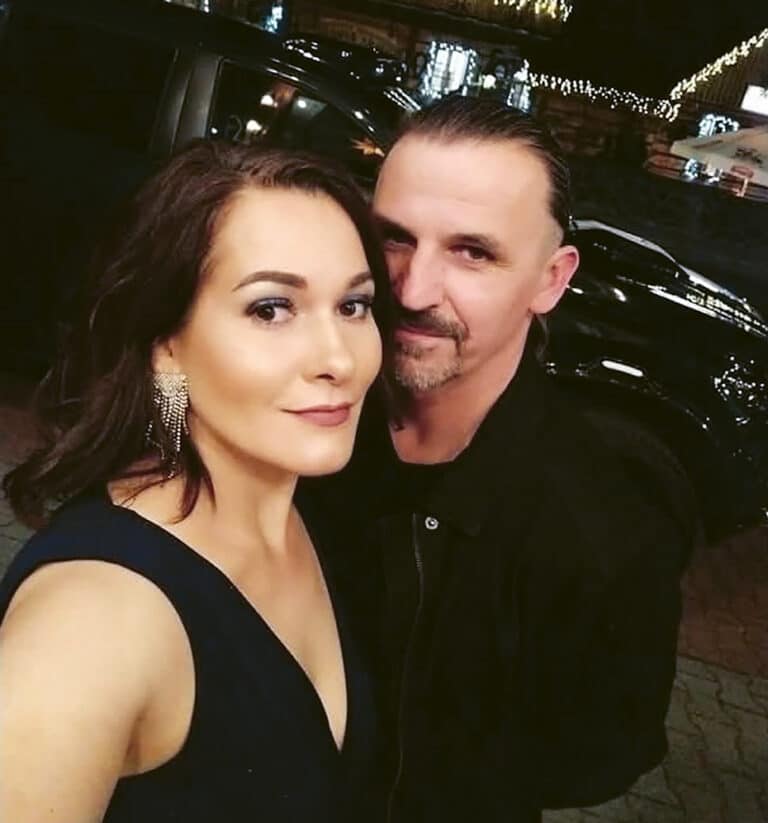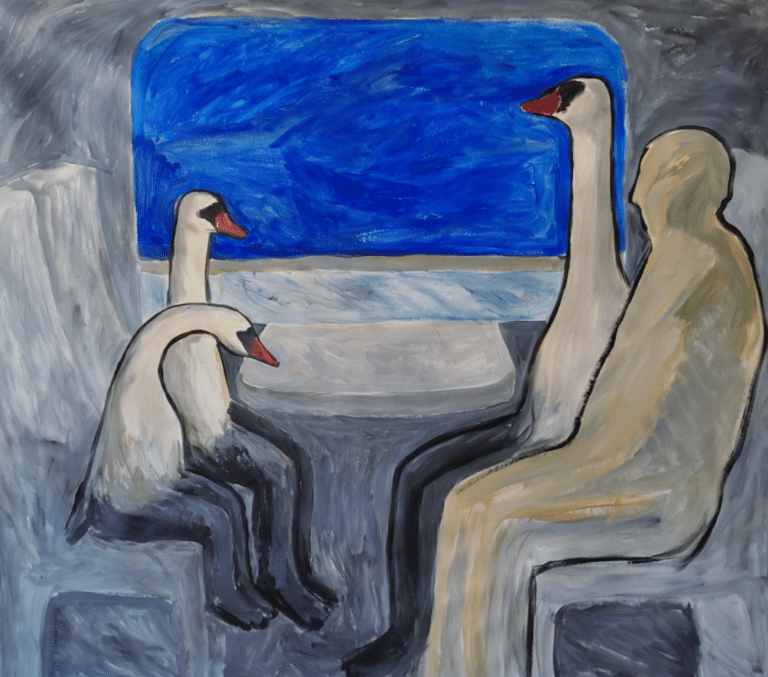Tuning into Warsaw vibe
Amila de Saram is a Sri Lankan-Norwegian human rights and development professional disability rights specialist and certified ADHD life coach, based in Warsaw. She’s been living in Poland for 3 years now, committing herself to work and dedicating her free time to her beloved music.
What do you do in Poland?
I work in the human rights field in an international organization based here in Warsaw. My job is to promote the political participation of people with disabilities. I get to work on this topic in 57 participating states. I actually came to Poland to take up this position and I’m really happy. I love my job.
Such an important job… How’s it going?
I have a lot of work to do, for sure. Not enough has been done and for a lot of reasons. The vastness of difficulties spans from the issue of lack of awareness (if you’re not personally touched by disability, sometimes you don’t even realize that there are obstacles) up to funding problems (providing the right facilities isn’t cheap, so you have to be really committed to actually allocate the funds for it). And my focus is very much on the political participation of people with disabilities – a very niche area within disability, even harder to access. The barriers are overwhelming. People with disabilities often don’t feel comfortable disclosing them, because there’s so much stigma around it. And so, we don’t even have the proper data. But it’s a work in progress.
How is Poland doing in this area?
Poland is not alone in the struggle. It’s very challenging everywhere. Countries face similar difficulties, with some making more progress than Poland and others struggling even more. Just a few days ago, I was speaking with a political party in the UK about how complex and demanding this issue truly is.
You’re also a certified ADHD life coach. What’s your experience of ADHD and ASD disorders perception and treatment in Poland?
While I’m by no means an expert on ADHD and ASD issues in Poland, I do have some first-hand experience as my neurodiverse child attended school here for a few years. Her experience was quite positive, with the school demonstrating a strong understanding of the challenges involved and providing substantial support to help her thrive. Witnessing the tremendously positive impact an ADHD coach had on my daughter inspired me to pursue training as a certified ADHD life coach myself. From what I’ve observed, awareness and support can vary widely. I’ve had a range of experiences from Polish friends – some have faced challenges in accessing the support they need, while others have found helpful resources. Poland, like many countries, is still developing its approach to neurodiversity, and while awareness is increasing, there is still room for growth in ensuring that every individual and family has access to consistent, high-quality support.
Other than that, what was the experience of school here for you and your daughter?
She did the last 3 years of high school here (private international one) and I was very impressed with how they navigated the whole pandemic situation. My daughter enjoyed her time here and she made some really good friends. Of course, in the end they had the famous Polish studniówka, where they danced polonez dance. Everything within the Polish tradition. She made some progress with the Polish language as well…Now she’s at university in Amsterdam.
Did you try to learn Polish?
The first year. I sort of gave up afterwards. /laugh/ I am only able to start a conversation in Polish and end it. I can’t do anything in the middle. /laugh/ My work environment is an international-Polish mix, so speaking the language isn’t necessary. Also, I do have a few really, really lovely Polish friends outside of work.
Did you come to Poland from Sri Lanka?
Yes. But just because I was “stuck” there for the pandemic. If I had to be stuck somewhere, it was the best place to be stuck in. /laugh/ I was born in Sri Lanka and that will always be part of my identity, but I moved to the USA when I was 12, so I kind of grew up in the States. I’d say the most formative years of my life I spent in New York City, but afterwards I lived in Norway and I’m now a Norwegian citizen.
How is it to live in Poland for a person with such a diverse international background?
The transition wasn’t difficult. I felt comfortable from the beginning and I think it’s because Warsaw has that big city vibe to it and I definitely am an urban kind of person. I like the way people here conduct themselves, co-exist but don’t really care, do their thing and politely leave you alone – all in the best sense. The vegan scene here is amazing – there’s so much of high-quality vegan food and so many great places to eat! A lot of things in Warsaw just work really well, but there is one that makes it a true paradise for me – the culture and specifically – the classical music scene.
How so?
There’s so many great performances and a lot of nice venues. You have the Warsaw Philharmonic, Polish National Opera and Polish National Ballet, Warsaw Chamber Opera, Polish Royal Opera and the abundance of regular and occasional events such as The Ludwig van Beethoven Easter Festival, The Warsaw Autumn, The Mozart Festival, not to mention The International Fryderyk Chopin Piano Competition with the coming edition next year! The music is omnipresent here. You can listen to it sitting on a playing Chopin benches at Krakowskie Przedmieście boulevard, and in summer you can enjoy Chopin’s music during the outdoor concerts at the beautiful Royal Łazienki Park free of charge. I just love that Warsaw is so deep in the culture. I have gone to concerts and next to me I would see somebody with the music score in their hands, actually following it. It’s very passionate, so cool and it resonates with me, since I grew up playing music and surrounded by it. I have to say I feel very lucky to live here.
Is there something that you find challenging?
I always feel like there’s a whole lot of other worlds happening that I don’t really know about. I exist in mine, which I know very well, and only occasionally I’ll leap into another one and go: “oh, my goodness, I wish I knew more about that!” I think that’s probably a very common issue that expats have – not being able to enter these other circles and friendships. For example, I have a background in Asian art history and one of my very present regrets is that I’m not connected to this part of me here at all. I imagine this world exists in Poland but I don’t know how to enter it. My work consumes so much of my time and it’s very important to me, but it doesn’t leave me with a lot of time or energy to do too much exploring. Trying to navigate these kinds of things can be frustrating at times.
What’s your favorite spot in Poland?
My daughter and I visited Gdańsk, Sopot, Kraków, Toruń and Wrocław, but we both agree that the most beautiful place we’ve been to so far is Lublin. It’s like a little jewel! It spoiled us, really. Now, wherever we go, we compare it to Lublin and it turns out, no place is as nice /laugh/.
Where would you say your home is? Could Poland become one for you?
I often think about where my “forever-home” would be and I have no idea. I think I’m the kind of person who has learned to make wherever I’m living home. I can’t imagine staying in one place forever. I don’t think it would make me happy. There’s beauty and fulfillment in this nomadic lifestyle of mine.

